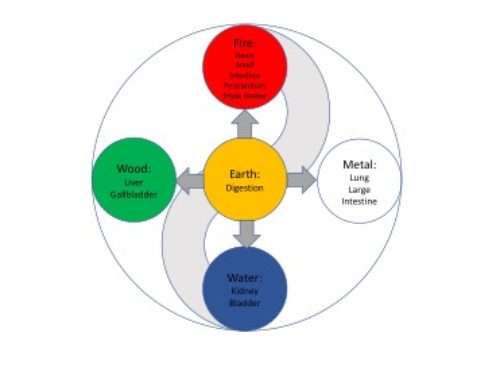By Candace McNaughton, ND
Sometimes when research is summarized to one sentence, the message is skewed. The US Preventative Services Task Force has issued a draft statement saying that vitamin D and calcium should not be taken by healthy men or post-menopausal women to reduce fractures and that it may not prevent cancer.[1] The evidence is mixed and many-layered, but because we are trained for take-home messages and sound bites, many will simply conclude “Don’t take vitamin D or calcium.”
Actually, they say that they can’t recommend for or against it. More specifically, they say that 400 IU of vitamin D3 and 1000 mg of calcium carbonate don’t reduce osteoporotic fractures in men or postmenopausal women living at home as much as those living in facilities. However, the risk is reduced in those living at home. I think the difference could be because of missed doses. Although D3 is considered to be the active form, some studies use D2. Also, 400 IU of D3 is not a very high dose. Calcium carbonate is the poorest absorbed form of calcium. Bone density is best supported with a combination of well-absorbed calcium, vitamin D3, vitamin K, other minerals such as strontium and boron, and weight-bearing exercise. The task force reviewed 19 randomized trials and 28 observational studies (for cancer outcomes). There are close to 18,000 studies that focus on vitamin D.
The task force reports that there is evidence of decreased risk of cancer, but found some evidence that high blood levels may be associated with an increased risk of cancer. A simple, inexpensive blood test that we commonly run here at Glow can make sure your blood levels don’t get too high. However, there is some evidence that higher blood levels may reduce the risk of colorectal cancer.
There is clear evidence that people with low blood levels of vitamin D have increased risk of heart disease, stroke, high blood pressure, and diabetes. Further, some studies show that supplementing with vitamin D reduces risk for heart disease and diabetes, while some don’t. The blanket conclusion from that research is “vitamin D does not prevent heart disease or diabetes”. I am not sure the answer is that simple.
Auto-immune disorders such as hypothyroidism or multiple sclerosis are skyrocketing in this country. Auto-immune disease-related deaths come only third to heart disease and cancer.[2] Many diseases, such as heart disease and diabetes, are mediated by inflammation. Vitamin D reduces auto-immunity and inflammation.[3] A deficiency turns up auto-immunity and inflammation.
Vitamin D is extremely safe. Amounts up to 10,000 IU taken daily for long periods of time have not been shown to cause toxicity.[4] One study reviewed by the task force showed that women taking vitamin D and calcium had a 3% higher incidence of kidney stones.[5] This is because taking vitamin D increases absorption of calcium and in people at risk for kidney stones, certain forms of calcium can contribute to their formation. Those patients are advised not to take certain forms of calcium and should have their blood levels monitored.
This same study found vitamin D was associated with a 40% reduction in the incidence of multiple sclerosis.[6] And that was with only 400 IU per day! New research indicates that higher levels of Vitamin D are associated with lower incidence of Alzheimer disease.[7] Results with improving mood are mixed, but there is potential.[8]
What do you do? Get periodic blood D and calcium levels tested and keep taking your D and calcium along with a comprehensive treatment plan.
[1]http://www.uspreventiveservicestaskforce.org/uspstf12/vitamind/draftrecvitd.htm. Accessed June 13, 2012
[2]Vitamin D and autoimmunity: new aetiological and therapeutic considerations. Ann Rheum Dis. 2007 Sep;66:1137-42
[3]Vitamin D supplementation and regulatory T cells in apparently healthy subjects: vitamin D treatment for autoimmune diseases? Prietl B et al. Isr Med Assoc J. (2010)
[4]A 21st century evaluation of the safety of oral vitamin D. Glade MJ. Nutrition. 2012 Apr;28(4):344-56.
[5]Urinary tract stone occurrence in the Women’s Health Initiative (WHI) randomized clinical trial of calcium and vitamin D supplements. Wallace RB, et al. Am J Clin Nutr. 2011 Jul;94(1):270-7.





Leave A Comment
You must be logged in to post a comment.